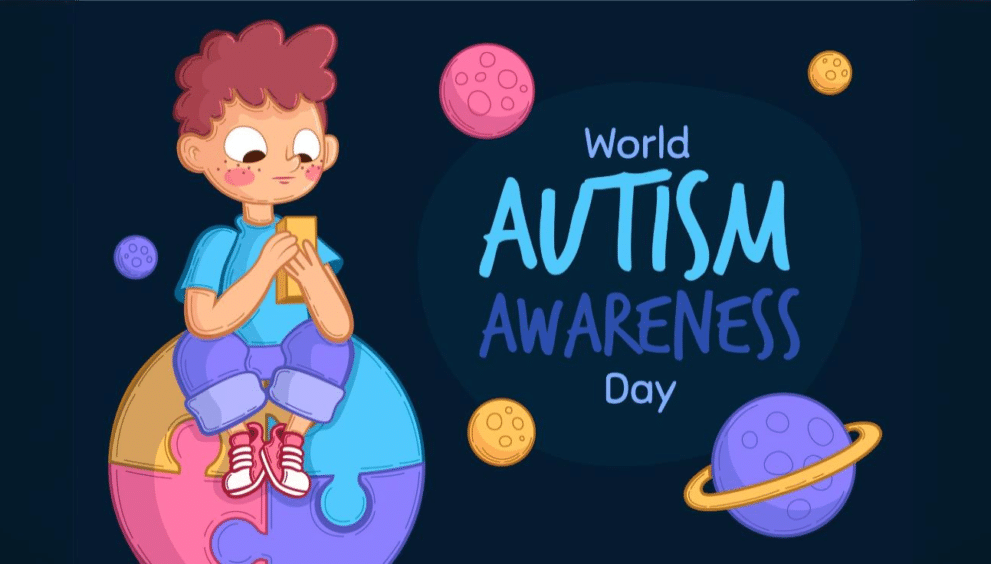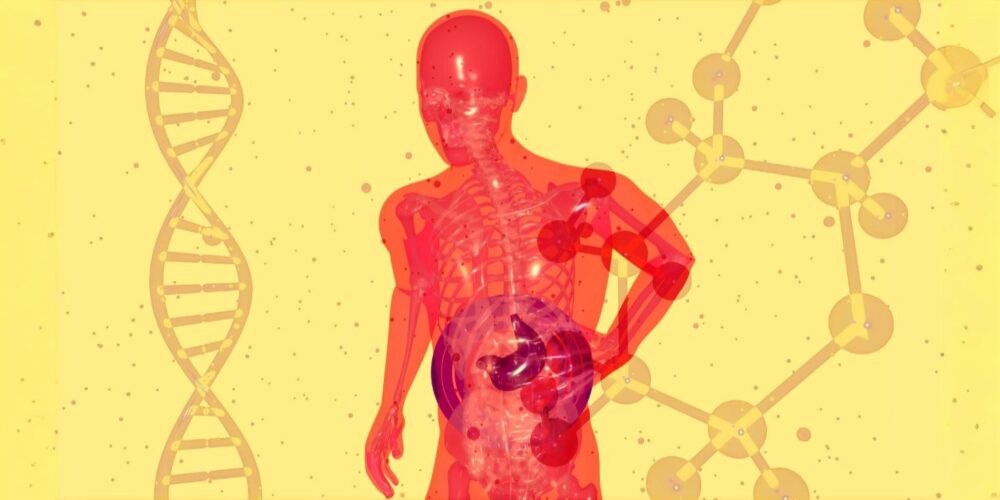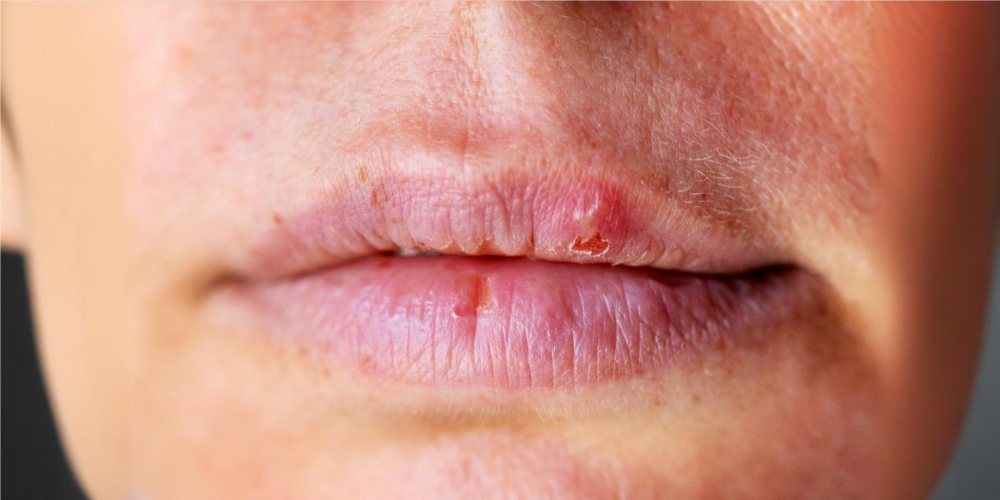World Autism Awareness Day: The urgent need for a national plan as India has over 1 crore autistic persons
As prevalence of autism in India rises, experts call for a national plan that can capture the true extent of the condition, standardize autism screening tools and frame such screening tools in multiple regional languages.
Author
Author
- admin / 9 months

- 0
- 4 min read

Author
With multiple estimates showing that well over one crore people are diagnosed autistic in India, the call for a national policy is gaining even more traction this World Autism Awareness Day, especially in the absence of even a central medical registry that captures the true prevalence of the condition in the country.
World Autism Awareness Day, observed globally on April 2, aims to raise awareness about children and adults with Autism Spectrum Disorder (ASD), a neurodevelopmental condition that shapes communication, interaction, and sensory experiences. This day highlights efforts to support their inclusion in mainstream society and combat misinformation surrounding the condition.
Autism is a spectrum disorder, meaning that it affects people in different ways and to varying degrees. Autistic individuals may have difficulty understanding others’ thoughts and emotions, and feel overwhelmed or distressed by sensory stimuli such as bright lights or loud noises. As awareness grows, significant disparities in diagnosis, support, and screening across rural, urban, and tribal regions underlines the urgent need for a national programme.
Autism Spectrum Disorder #ASD is a developmental condition resulting from brain differences. Early diagnosis is key to helping children unlock their full potential by providing the support and services they need to thrive.#WorldAutismAwarenessDay@DrJitendraSingh… pic.twitter.com/raaJ9xQXH4
— Department of Biotechnology (@DBTIndia) April 2, 2025
Prevalence of Autism Varies Across Regions in India
An article published in the Indian Journal of Medical Research argues that India’s vast population and cultural diversity position it to lead global autism initiatives, especially since 95% of children with neurodevelopmental disorders reside in low- and middle-income countries like India.
There is no central medical registry that counts the actual number of people diagnosed autistic in India. The last official count seems to have happened in 2016, where according to a study done across 12 states, “the prevalence of Autism Spectrum Disorder in the age group of 13 -17 years was 1.6%.”
Other unofficial estimates suggest that there are over one crore people with autism in India, with some estimates suggesting that it may be as high as 1.8 crore. But even this may not be distributed evenly across India, with regional disparities. A study by the Department of Community Medicine, Dr. R. P. Government Medical College in Himachal Pradesh, for instance, screened 28,070 children aged 1-10 years. This study reported a prevalence of 15/10,000 (0.15%).
The prevalence numbers are affected by accessibility to a tertiary care centre and source of case identification (mainly families). Increased awareness about ASD with better access to health-care services among urban population leads to early diagnosis and management of the disorder. Such regional disparities suggest underdiagnosis in backward areas due to stigma and limited healthcare access.
Is it time for a National Programme on Autism?
With more people getting diagnosed with autism in India, some of the shortcomings and challenges are brought to the fore. India has just 0.7 mental health professionals for every one lakh people—far short of the recommended three per one lakh. This leaves rural and tribal communities critically underserved.
Screening remains a major hurdle, with most tools untranslated into India’s diverse languages, particularly affecting rural and tribal populations. Standardized screening tools are available in fewer than 5 of India’s 22 official languages, limiting accessibility.
Bhismadev Chakrabarti, Professor of Neuroscience & Mental Health at University of Reading, England notes this language barrier, compounded by the urban concentration of psychiatrists, hinders early detection. Indigenous tools like the Indian Scale for Assessment of Autism (ISAA) and INDT-ASD show promise, but scalability is limited.
To address these challenges, experts advocate for a national programme that leverages non-specialists like Accredited Social Health Activists (ASHA) and Anganwadi workers, alongside digital tools such as mobile applications, to deliver early interventions during critical brain development phases. They propose training non-specialists and integrating screening into programs like the National Health Mission. Digital solutions and culturally sensitive adaptations could overcome stigma and awareness gaps, ensuring no child is left behind.
“A national programme for autism and neurodevelopmental conditions, supported by an articulated time-bound strategy, can pave the way forward for innovative multidisciplinary research and support services for autism across the country,” wrote Chakrabarti.
Sunil Kumar Raina at the Department of Community Medicine, Dr. R. P. Government Medical College in Himachal Pradesh emphasized population-based screening to capture community-level prevalence, often missed in clinic-based reports. A study by the India Autism Centre reinforces identifying speech and language therapy as a community priority in low-resource settings.
Also Read: Debunking 5 autism myths










